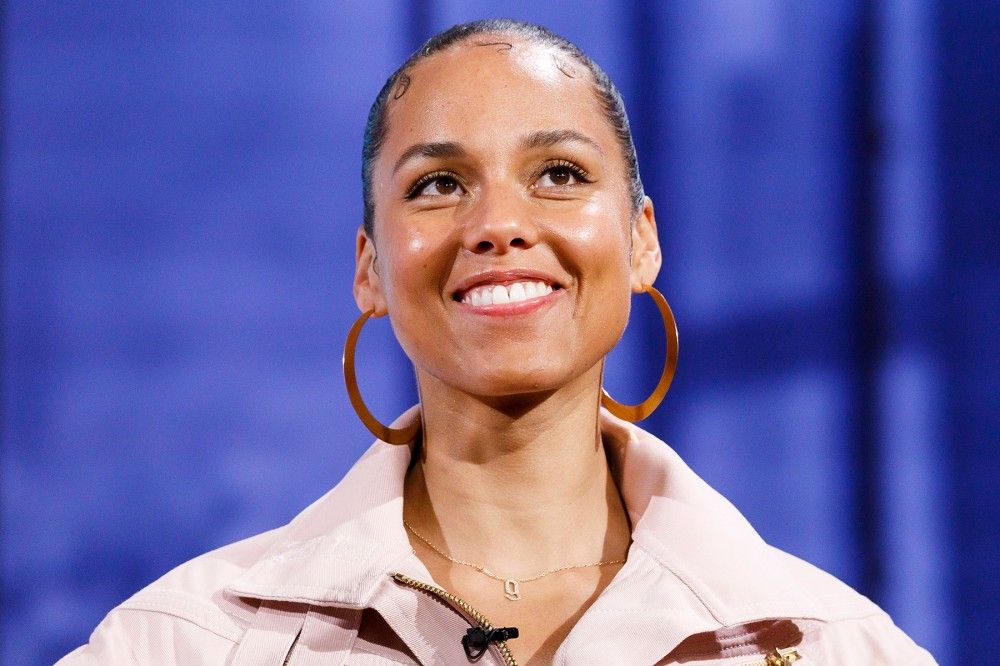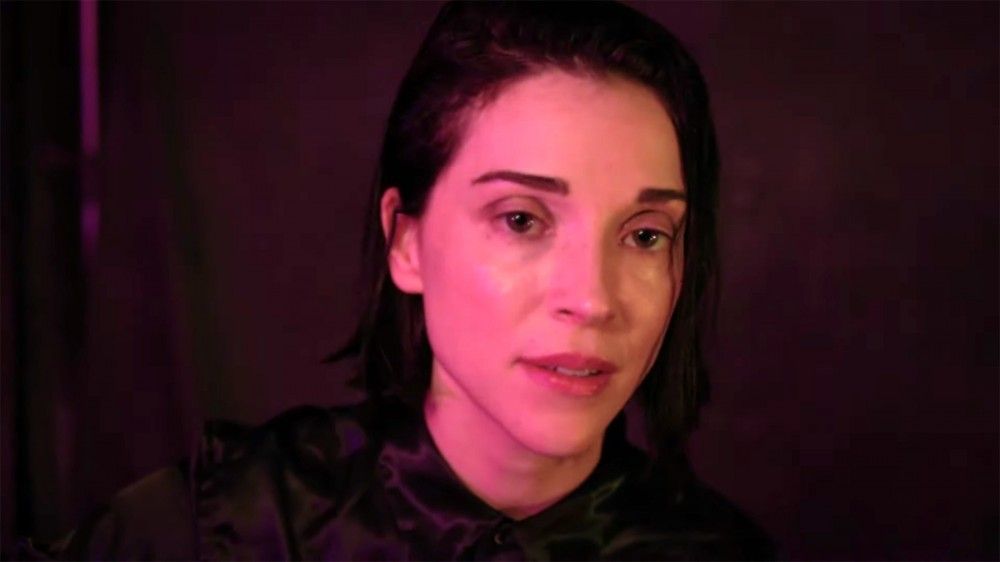
Alicia Keys Had to Audition in Front of Prince to Cover His Song
Alicia Keys was the guest on Malcolm Gladwell’s podcast Broken Record this week, talking about her new book More Myself and her upcoming album Alicia.
While discussing her life story and career trajectory, Keys told Gladwell a “bananas” Prince story: She had to ask for the late pop auteur’s permission to cover his song “How Come You Don’t Call Me” for her debut album Song in a Minor.
“Other people could call him], but it would likely not go well,” she said. “And I think that they understood that if I called, maybe it made it a little harder for him to say no.”
At that point in her career, Keys was 18 or 19 and had only released her debut single “Fallin’.” Because was the songwriter on “How Come You Don’t Call Me,” she was legally obligated to get his clearance before putting the cover on her album.
“I hadn’t spoken to people that I adored like him ever before that phone call,” she said. “That was not a normal occurrence — even today if he were still alive, and I was calling him, I would still feel nervous about calling him.” Keys had also heard stories of Prince “time and time again” turning covers down, “So that’s what I was up against,” she said.
After getting transferred through multiple handlers on the call, which made her even more nervous, Keys finally got on the phone with Prince. “I start talking to him, and he was super friendly and encouraging, saying he heard what I’d been working on and that he knows I’m writing and producing my stuff. He said to keep that up. I asked if I could play the song] on the album, and he said, ‘Why don’t you come to Paisley Park and play it for me?’”
Keys had to travel to Minneapolis that winter and essentially audition the song in front of Prince in order to get his permission. Afterwards, Prince became Keys’ mentor and friend.
“He was definitely observing what I was doing, and he was so veraciously a music lover and really excited about new music, all the time,” she says. “I never met anybody like that, who just knew the pulse of new music so well. That was him.”



